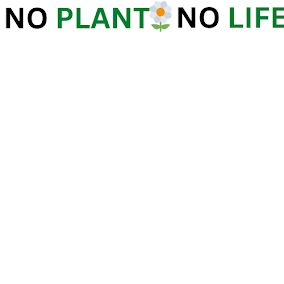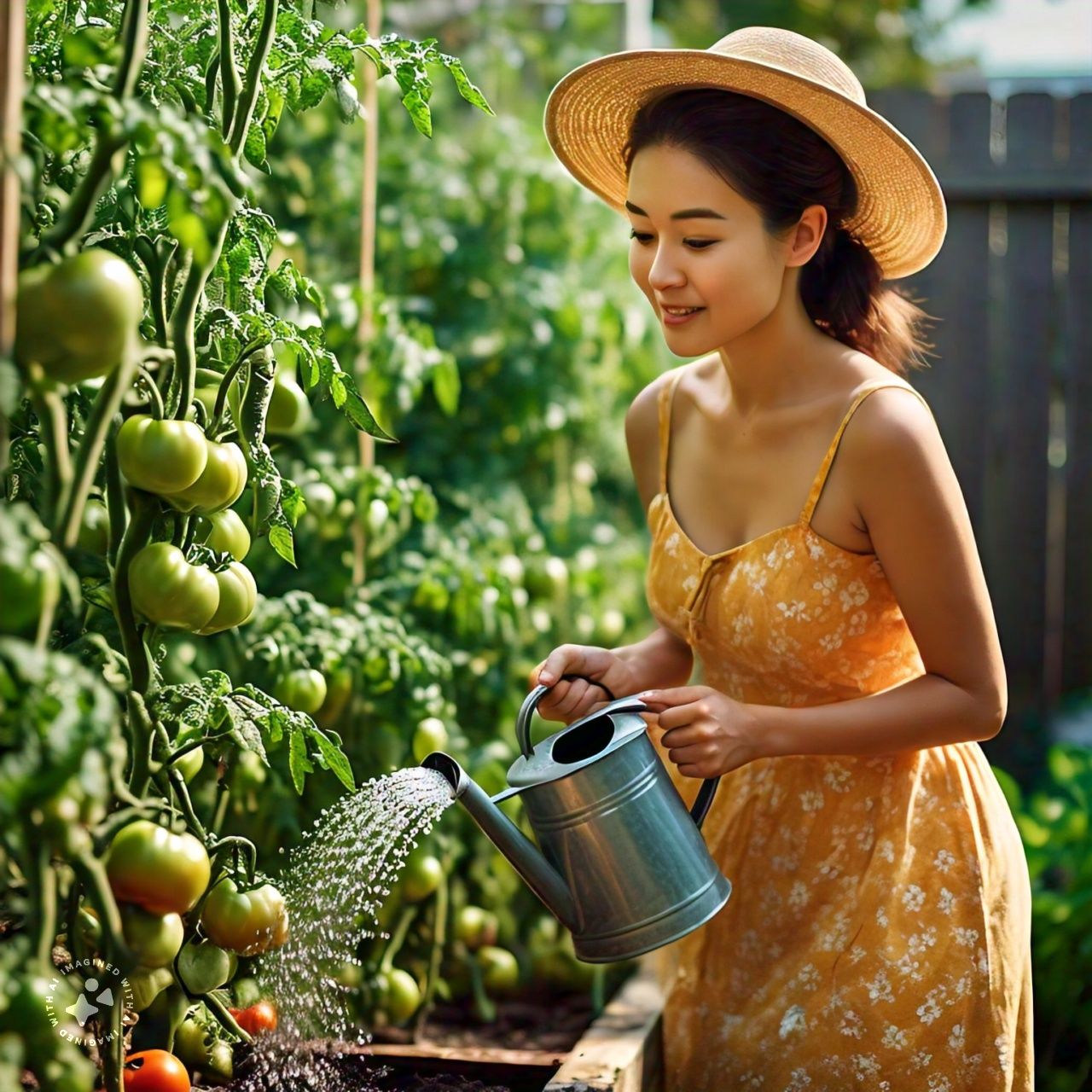Growing tomatoes in pots can be a highly rewarding endeavor, especially if you have limited garden space or want to enjoy fresh tomatoes right from your patio or balcony.
Here are seven important steps and tips to ensure your potted tomato plants thrive and yield a bountiful harvest.
1. Choosing the Right Variety
Selecting the right tomato variety is crucial for container gardening.
Determinate (bush) varieties are generally more suitable for pots as they grow to a manageable size and produce fruit in a shorter period. Some popular determinate varieties include:
✅ Celebrity
✅ Patio Princess
✅ Tiny Tim
Indeterminate (vining) varieties can also be grown in pots, but they require larger containers and more support. Some good indeterminate options are:
✅ Cherry
✅ Roma
✅ Beefsteak
2. Selecting the Appropriate Container
The container size is vital for the healthy growth of tomato plants.
A container with at least 18 inches in diameter and depth is ideal for determinate varieties.
Indeterminate varieties might need even larger pots. Ensure the container has adequate drainage holes to prevent waterlogging, which can lead to root rot.
💡Tip: Use containers made of materials like plastic, ceramic, or fabric to retain moisture better than terracotta.
3. Using High-Quality Potting Mix
Tomatoes require nutrient-rich soil with good drainage.
A high-quality potting mix formulated for vegetables is ideal.
Avoid using garden soil as it can be too heavy and may harbor pests and diseases. You can enhance your potting mix by adding:
✅ Compost: Provides essential nutrients and improves soil structure.
✅ Perlite or Vermiculite: Improves aeration and drainage.
✅ A slow-release fertilizer: Ensures steady nutrient supply.
4. Providing Adequate Support
Even determinate varieties benefit from some form of support to keep the plants upright and prevent branches from breaking.
For indeterminate varieties, robust support is essential. Options include:
✅ Tomato cages
✅ Stakes
✅ Trellises
Install the support system at the time of planting to avoid damaging the roots later.
5. Watering Consistently and Correctly
Tomatoes need consistent watering to prevent issues like blossom end rot and splitting.
The soil should be kept consistently moist but not waterlogged. Water the plants deeply and avoid overhead watering to reduce the risk of foliar diseases.
💡Tip: Mulching the surface of the soil with organic material like straw or shredded leaves helps retain moisture and regulate soil temperature.
6. Feeding Your Plants
Tomatoes are heavy feeders and require regular fertilization.
Start with a balanced fertilizer at planting time and switch to a fertilizer higher in phosphorus and potassium once the plants start to flower and fruit.
💡Tip: Liquid seaweed extract or fish emulsion can provide an additional nutrient boost and improve overall plant health.
7. Monitoring and Managing Pests and Diseases
Potted plants are somewhat shielded from soil-borne diseases but are still susceptible to common pests like aphids, whiteflies, and tomato hornworms.
Regularly inspect your plants and use organic pest control methods such as:
✅ Neem oil sprays
✅ Insecticidal soaps
✅ Companion planting with basil or marigolds to repel pests
Additionally, maintain good air circulation around your plants by not overcrowding them and removing any yellowing or diseased leaves promptly.
Conclusion
Growing tomatoes in pots is a fantastic way to enjoy fresh, homegrown tomatoes, even if you have limited space.
By selecting the right variety, using suitable containers and soil, providing proper support, watering and feeding consistently, and managing pests effectively, you can ensure a healthy and productive tomato plant.
Follow these steps and tips to enjoy a delicious tomato harvest right from your patio or balcony. Happy gardening!








No comments:
Post a Comment